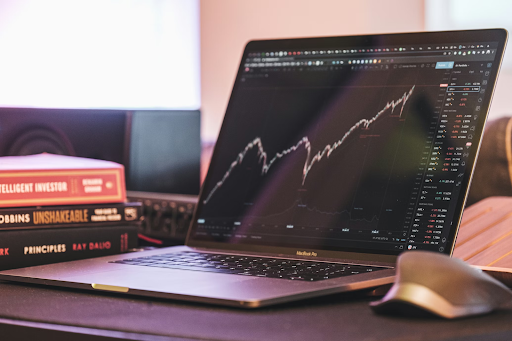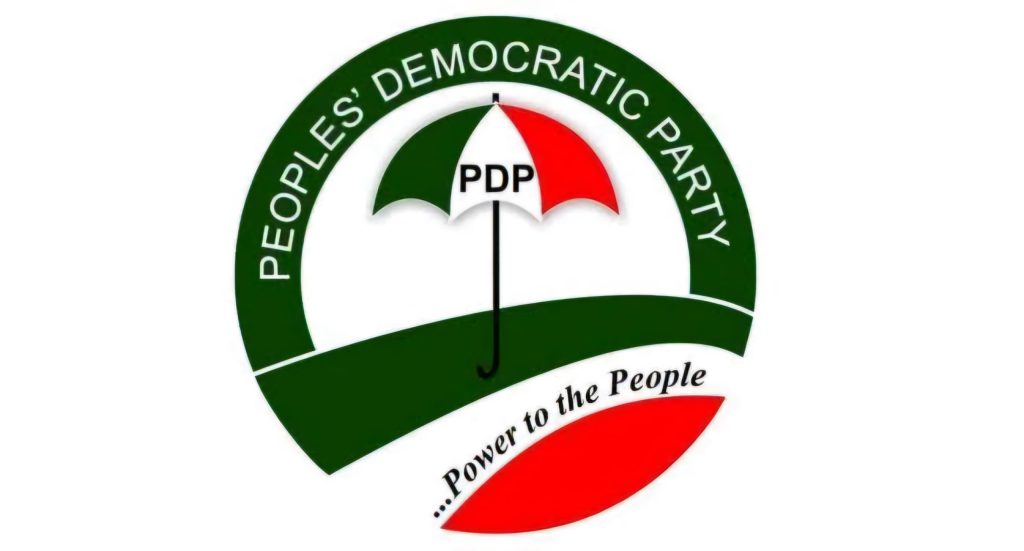Fuel Price Hike Triggers Widespread Price Increases, Warns Lagos Chamber of Commerce
The recent hike in fuel price in Nigeria from N568 to N855 has sparked concern among business leaders, as it may trigger widespread price increases and potentially reverse the recent ease in inflation.
Dr. Chinyere Almona, Director General of the Lagos Chamber of Commerce and Industry (LCCI), warned in a statement on Wednesday that the development would lead to an increase in the prices of everything in the market, with a severe impact on businesses. According to Almona, the official price of petrol now at N855 is a clear indication that the shortfall between the landing cost and the former price level of N568 charged by Nigerian National Petroleum Corporation Ltd (NNPCL) has been reduced.
However, removing the subsidy and subjecting Nigerians to a significant fuel price hike presents significant challenges. Almona emphasized that a steep price hike would likely trigger widespread price increases, potentially reversing the recent ease in inflation seen in July and leading to another surge in inflation rates.
The LCCI Director General highlighted the challenges of balancing the need for fiscal responsibility with the economic impact on citizens, acknowledging that the government faces a complex task. She underscored the severe impact of fuel prices on businesses, affecting supply and logistics, power generation, transportation, and factory operations. If left unchecked, the increased cost of doing business may lead to price hikes, job losses, and business closures.
Despite the concerns, Almona believes that the operation of the Dangote Refinery, which now produces fuel and diesel for sale, offers a glimmer of hope. She emphasized the need for a more sustainable approach to support the development of additional local refineries to process crude for local consumption and potential export across Africa.
As the oil and gas sector continues to grapple with significant distortions in 2024, the LCCI and other stakeholders will be watching closely to see how the government responds to the challenges presented by the fuel price hike.



